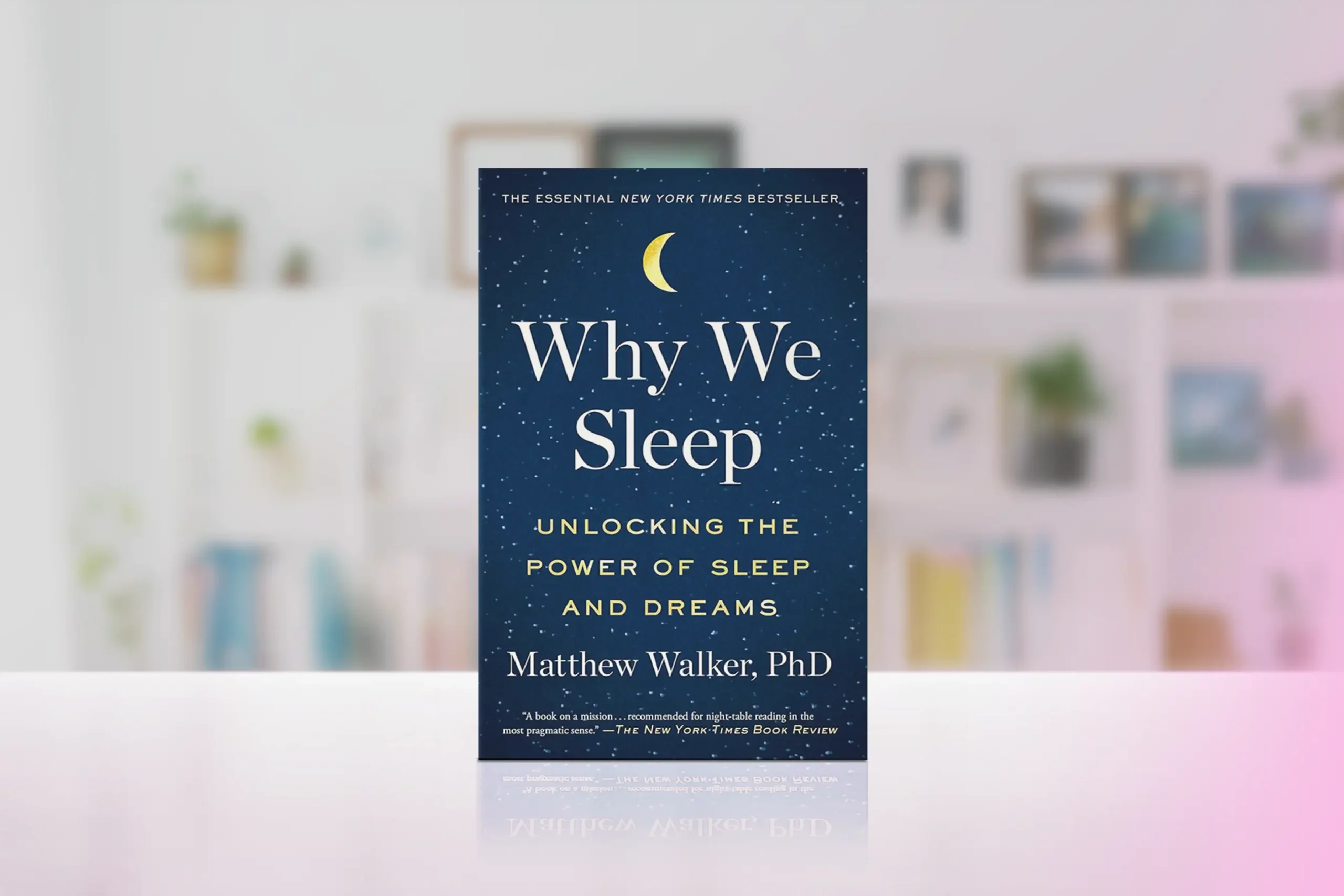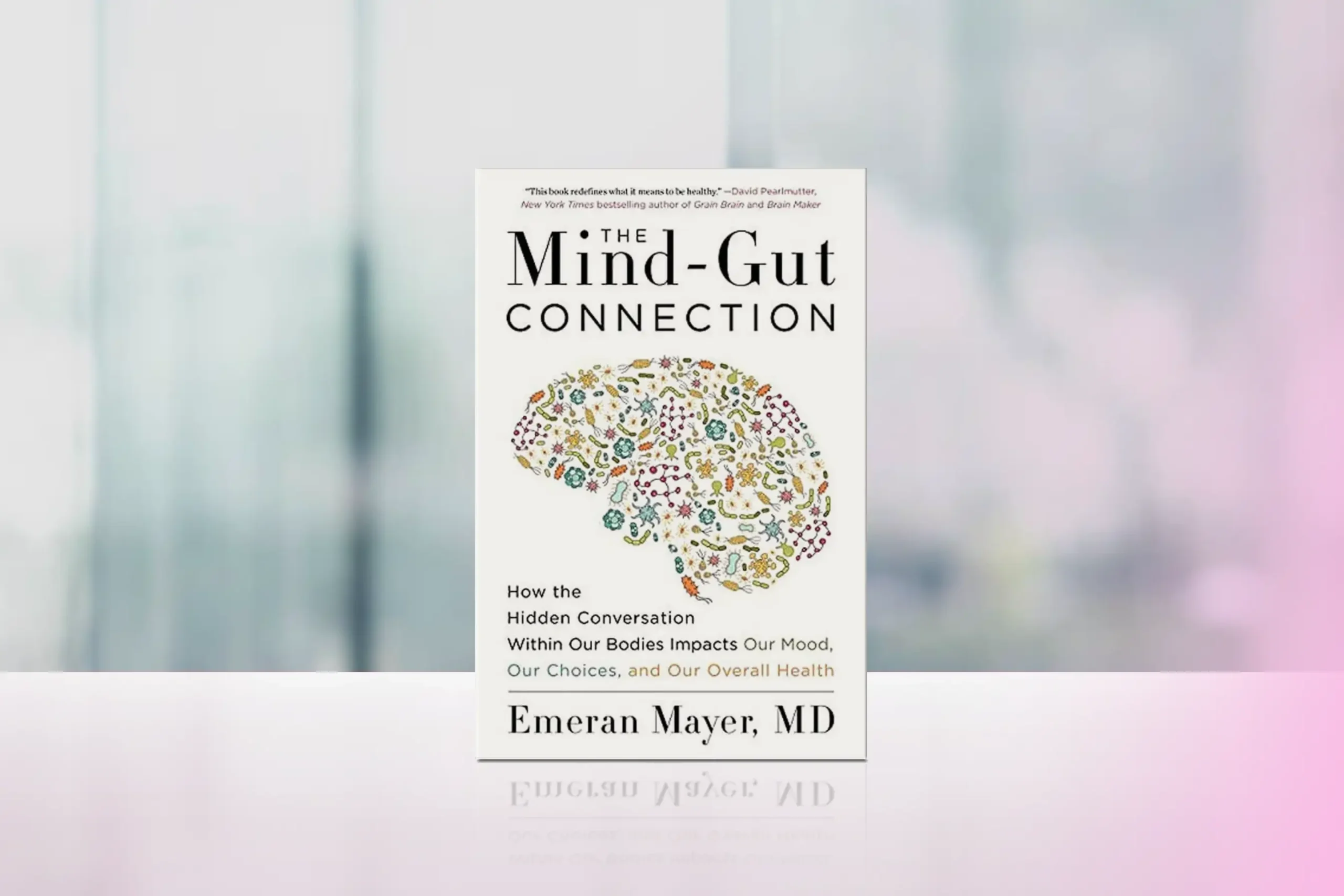In “Why We Sleep: Unlocking the Power of Sleep and Dreams” (2017), neuroscientist Matthew Walker explores the fascinating science of sleep. He shows how sleep is essential for physical health, mental wellbeing, and brain function.
Walker makes complex research easy to understand, translating decades of science into clear, engaging explanations. The book highlights how much sleep affects learning, memory, immunity, and overall performance.
“Why We Sleep” is a wake-up call to a society that often undervalues rest. It urges readers to prioritize sleep as a cornerstone of a healthy, balanced life.
Core Concepts
At the heart of “Why We Sleep” is the idea that sleep is far more than just a period of rest. Walker presents a range of key concepts, including:
- The evolutionary purpose and biological necessity of sleep
- The different stages of sleep and their specific functions
- The critical role of sleep in learning, memory consolidation, and creativity
- The impact of sleep on physical health, including immune function and disease prevention
- The relationship between sleep and mental health
- The dangers of sleep deprivation and sleep disorders
- Practical strategies for improving sleep quality and quantity
These concepts aim to help readers understand the vital importance of sleep and empower them to make informed decisions about their sleep habits.
Sleep is Your Superpower
TED talk: Sleep scientist Matthew Walker reveals how rest impacts your brain, body, and even your genes—and shares tips to harness the power of slumber for a healthier, sharper life. Discover why sleep is your ultimate life-support system.
Chapter-by-Chapter Review
Part 1: This Thing Called Sleep (Chapters 1–3)
Walker introduces the science of sleep, its evolutionary origins and the mechanisms of our circadian rhythms and sleep-wake cycles. He dispels common misconceptions, such as the idea that adults can “get by” on minimal sleep, and highlights the crucial biological need for both REM and non-REM sleep. He lays the groundwork for understanding sleep’s fundamental role in health and well-being.
Part 2: Why Should You Sleep? (Chapters 4–7)
This section explores the wide-ranging benefits of sleep. Walker shows how adequate sleep enhances learning, memory consolidation, and problem-solving, while also regulating emotions and creativity. He emphasizes sleep’s critical role in physical health, demonstrating its effects on cardiovascular function, metabolism, immune defense, and the prevention of diseases like Alzheimer’s. Sleep is framed as a pillar of both mental and physical resilience.
Part 3: How and Why We Dream (Chapters 8–10)
Walker delves into the science of dreaming, with a focus on REM sleep. He explains how dreams aid emotional processing, creativity, and memory integration, and explores the neurological processes underlying dream states. Walker also examines the evolutionary and psychological functions of dreaming, suggesting that it helps us process emotional experiences and navigate complex social environments.
Part 4: From Sleeping Pills to a Society Transformed (Chapters 11–15)
The final section addresses modern sleep challenges, including insomnia, sleep deprivation, and societal pressures that undermine rest. Walker critiques the widespread reliance on sleeping pills and other pharmacological interventions, highlighting their limited efficacy and potential risks. He advocates for behavioral and environmental strategies to improve sleep and argues for systemic changes—such as later school start times and healthier work schedules—to foster a culture that values and protects sleep.
Key Strengths
- Presents complex scientific information in an engaging, accessible manner
- Offers compelling evidence for the importance of sleep across various aspects of life
- Provides practical advice for improving sleep habits
- Challenges societal norms that undervalue sleep
Potential Drawbacks
- Some readers may find the wealth of scientific information overwhelming
- The emphasis on the negative consequences of poor sleep may cause anxiety in some individuals
Who This Book Is For
“Why We Sleep” is an essential read for a wide range of individuals, including:
- Anyone interested in improving their overall health and wellbeing
- Professionals in high-stress or demanding careers looking to optimize their performance
- Parents seeking to establish healthy sleep habits for their children
- Healthcare professionals and policymakers interested in public health
Final Review
“Why We Sleep” is a compelling book that changes how we see and value sleep. Matthew Walker explains complex science in an engaging and easy-to-understand way, blending research with practical advice.
Though packed with information, the book shows just how essential sleep is for both mental and physical health. Walker makes a strong case for making sleep a top priority in our lives as cornerstone to a healthy lifestyle.
More than just informative, the book is a call to action: it encourages readers to rethink their relationship with sleep. Following its insights can improve not only sleep quality but overall well-being.
Rating: 4.7/5
An eye-opening exploration of sleep’s vital importance, offering readers the knowledge and tools to transform their health and well-being through better sleep.
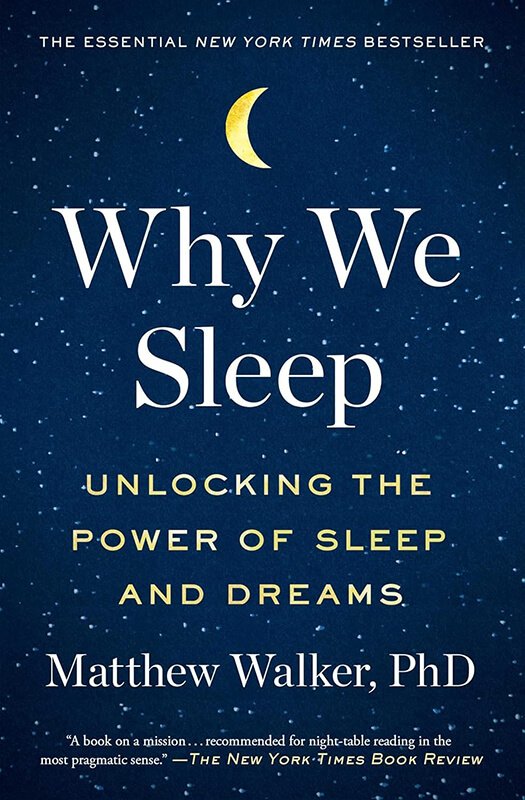
Alternative Books
If you are looking for other books like “Why We Sleep”, consider these alternatives:

“The Sleep Revolution” by Arianna Huffington
A cultural exploration of sleep and its importance in our lives.
Rating: 4.2/5
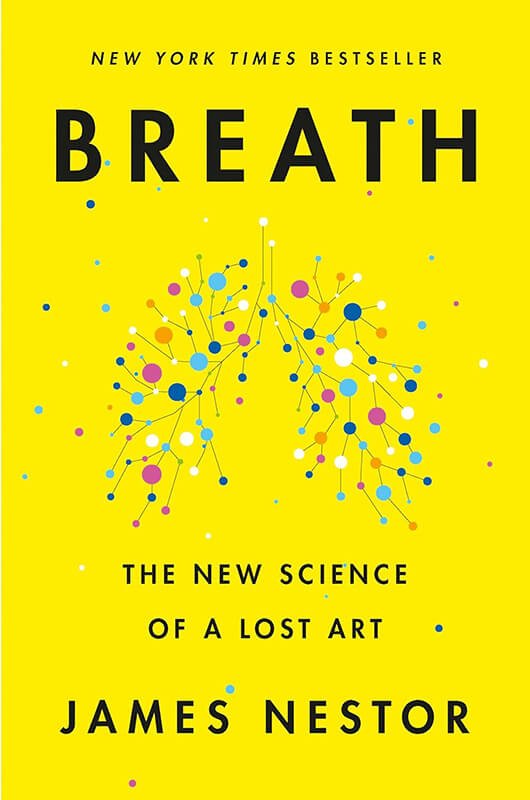
“Breath: The New Science of a Lost Art” by James Nestor
An intriguing look at the power of breathing and its impact on our health.
Rating: 4.7/5
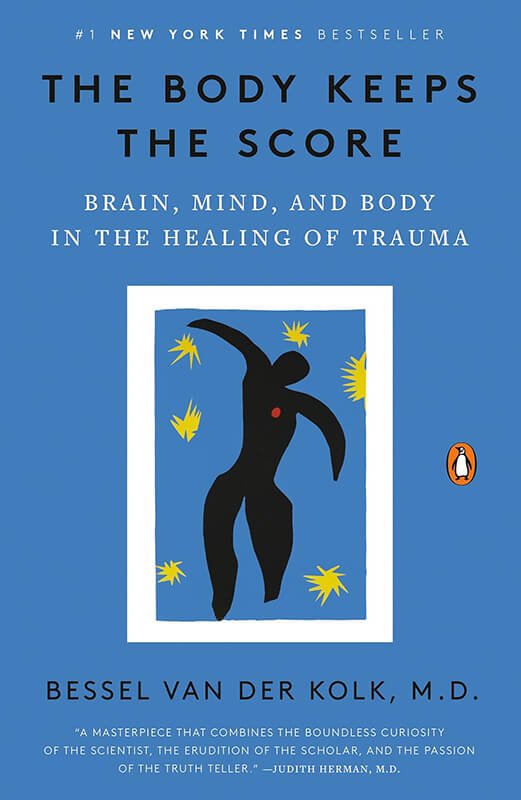
“The Body Keeps the Score” by Bessel van der Kolk
A profound exploration of how trauma affects the body and mind, including sleep patterns.
Rating: 4.8/5

